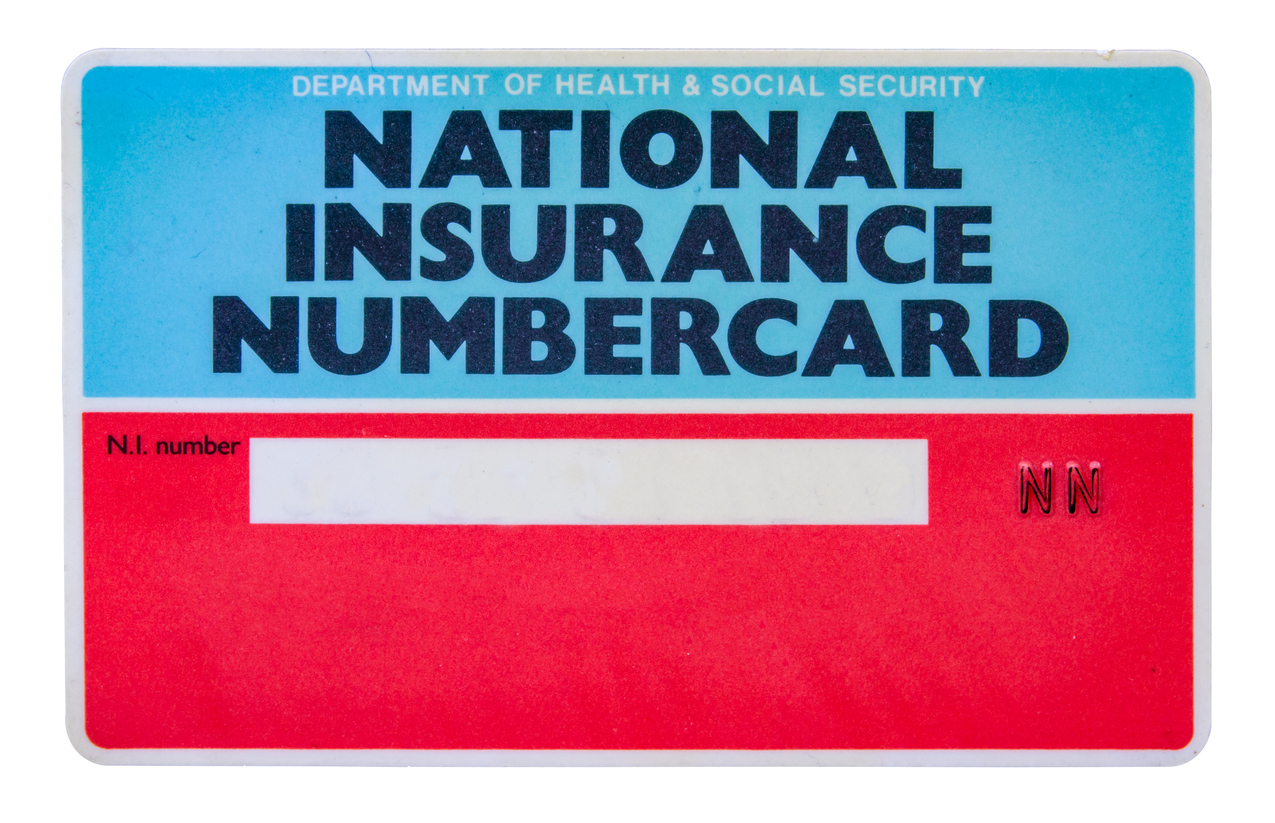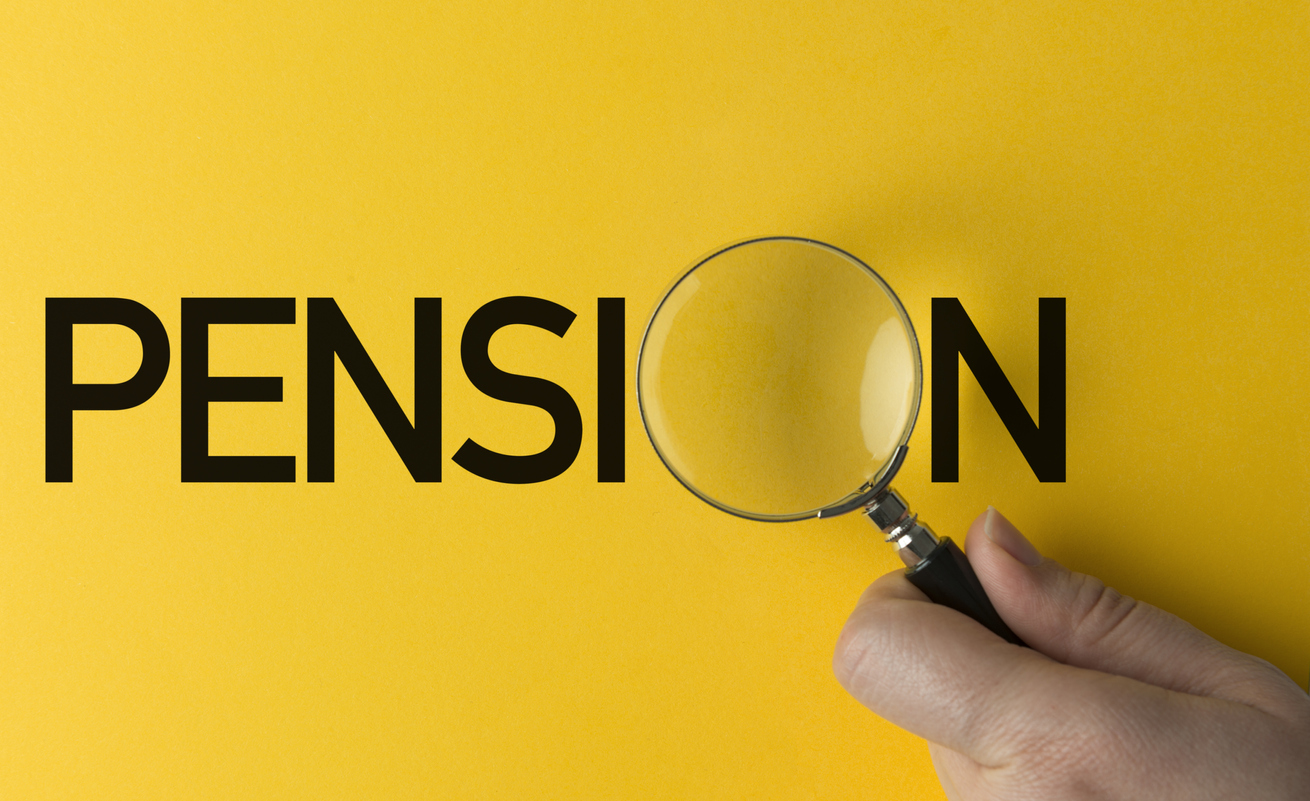
The change to national insurance contributions (NICs) that took effect in November may have consequences for your financial planning.
One of the few surviving measures from the Kwasi Kwarteng ‘mini-Budget’ in September was the winding back of the increases to NICs introduced in April 2022. The change, awkwardly appearing seven months into the tax year, will affect some financial planning mathematics.
Bonus timing
If you are a director, your NICs are calculated on an annual basis, rather than the monthly basis which applies to most employees. All other things being equal, that means you and your employer pay fewer NICs if any bonus is paid in 2023/24 rather than 2022/23. However, special rules about the deemed payment date of director’s bonuses could prove an obstacle.
Bonus or dividend?
The NIC rates drop has reduced the tax-effectiveness of dividends relative to salary, although for now dividends remain generally the preferable option. If your company’s profits exceed £50,000 the picture will change from April 2023 because of the increases to corporation tax above that threshold and the Autumn Statement’s dividend allowance cuts.
Salary sacrifice
Salary sacrifice is a popular way of paying pension contributions because it saves both the employee’s and employer’s NIC liability on the amount sacrificed. Lower NIC rates make that NIC saving less but the option is still an attractive one, especially if you are a basic rate taxpayer:
| Salary sacrificed | £1,000.00 |
| NIC (employer 13.8%) | £138.00 |
| Maximum sacrifice pension contribution* | £1,138.00 |
| Salary | £1,000.00 |
| NICs (employee 12.0%) | -£120.00 |
| Tax (basic rate 20%) | -£200.00 |
| Net pay = net pension contribution | £680.00 |
| Tax relief on pension contribution (20%) | £170.00 |
| Total pension contribution | £850.00 |
| Salary sacrifice advantage | 33.9% |
*Many employers will retain part of their NIC savings to cover administrative costs
Company or self-employed?
Increased corporation tax rates and lower NICs (the maximum self-employed rate is 9% in 2023/24) will tilt the scales against incorporating at high profit levels. The unchanged off-payroll working rules also limit the appeal of incorporation.
Please speak to one of our experienced advisers if you need more detailed and personalised information, here.
The Financial Conduct Authority does not regulate tax advice. Tax treatment varies according to individual circumstances and is subject to change. The value of your investment can go down as well as up and you may not get back the full amount you invested. Past performance is not a reliable indicator of future performance. Investing in shares should be regarded as a long-term investment and should fit with your overall attitude to risk and financial circumstances. For specialist tax advice, please refer to an accountant or tax specialist. Occupational pension schemes are regulated by The Pensions Regulator.





